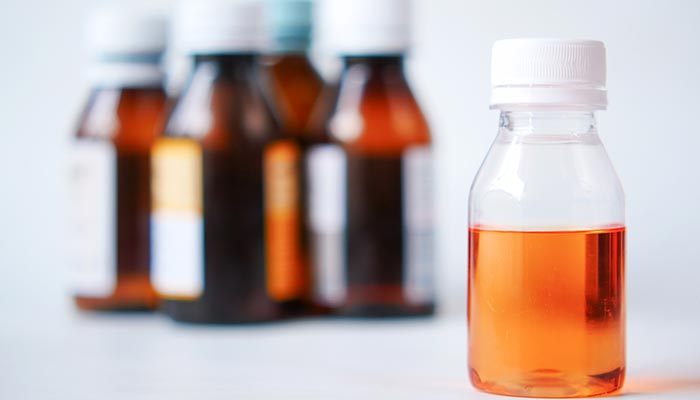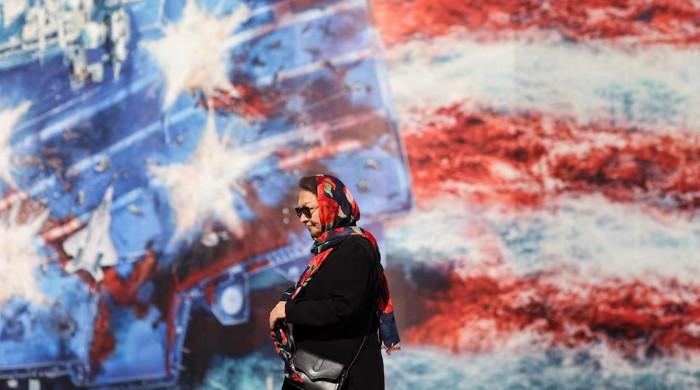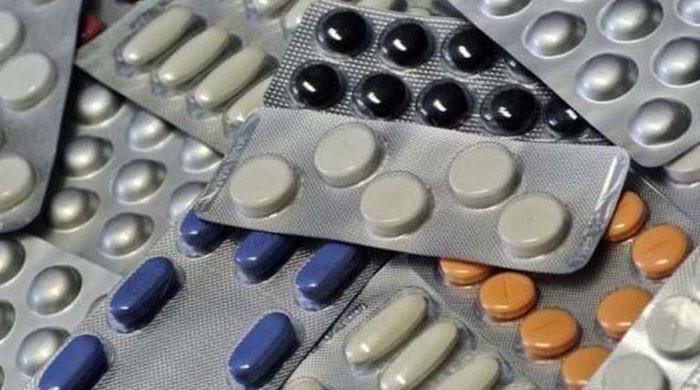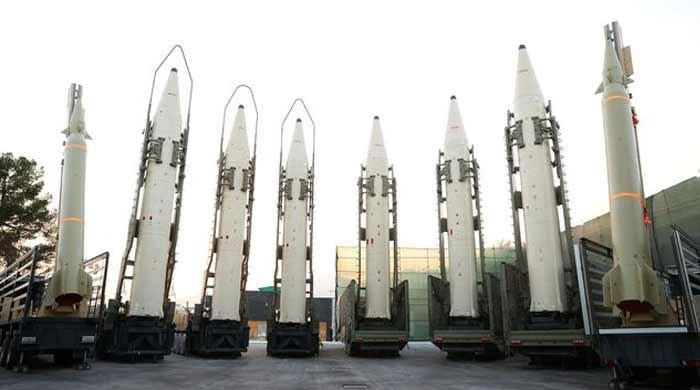India-made cough syrups may be tied to 66 deaths in Gambia: WHO
WHO conducting investigation along with Indian regulators and the drugmaker, says WHO chief
October 05, 2022

The deaths of dozens of children in Gambia from kidney injuries may be linked to contaminated cough and cold syrups made by an Indian drug manufacturer, the World Health Organisation said on Wednesday.
WHO Director-General Tedros Adhanom Ghebreyesus told reporters that the UN agency was conducting an investigation along with Indian regulators and the drugmaker, New Delhi-based Maiden Pharmaceuticals Ltd.
Maiden Pharma declined to comment on the alert, while calls and Reuters messages to the Drugs Controller General of India went unanswered. Gambia and India's health ministry also did not immediately respond to a request for comment.
The WHO also issued a medical product alert asking regulators to remove Maiden Pharma goods from the market.
The products may have been distributed elsewhere through informal markets, but had so far only been identified in Gambia, the WHO said in its alert.
The alert covers four products — Promethazine Oral Solution, Kofexmalin Baby Cough Syrup, Makoff Baby Cough Syrup and Magrip N Cold Syrup.
Lab analysis confirmed "unacceptable" amounts of diethylene glycol and ethylene glycol, which can be toxic when consumed, the WHO said.
Gambia's government said last month it has also been investigating the deaths, as a spike in cases of acute kidney injury among children under the age of five was detected in late July.
Medical officers in Gambia raised the alarm in July, after several children began falling ill with kidney problems three to five days after taking a locally-sold paracetamol syrup. By August, 28 had died, but health authorities said the toll would likely rise. Now 66 are dead, WHO said on Wednesday.
The deaths have shaken the tiny West African nation, which is already dealing with multiple health emergencies including measles and malaria.
Maiden Pharmaceuticals manufactures medicines at its facilities in India, which it then sells domestically as well as exporting to countries in Asia, Africa and Latin America, according to its website.











